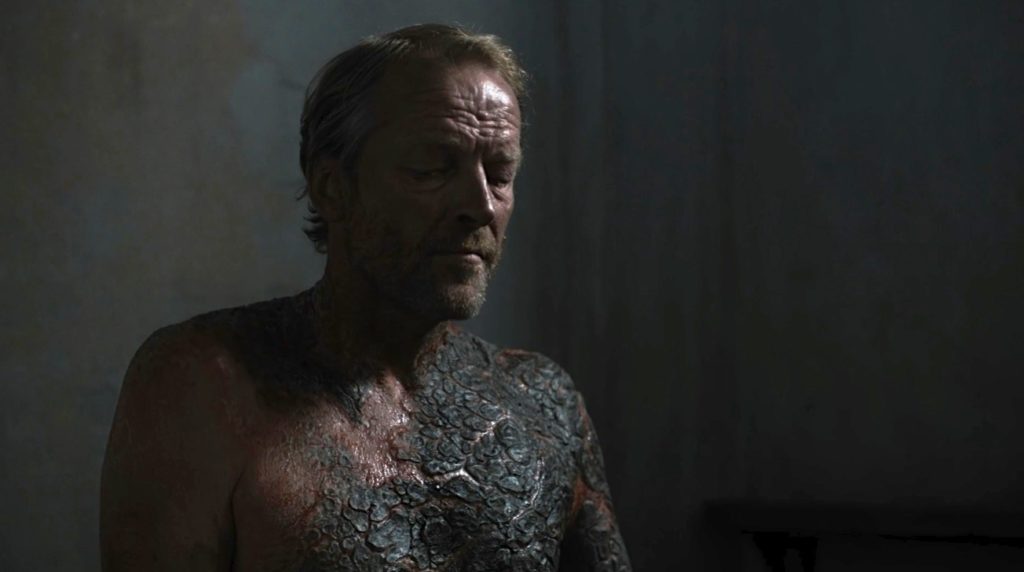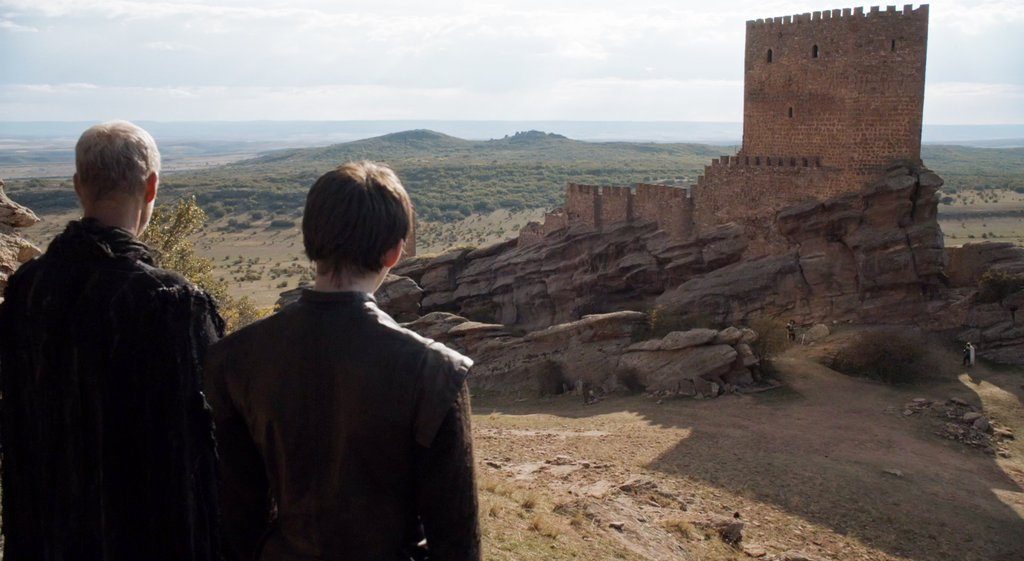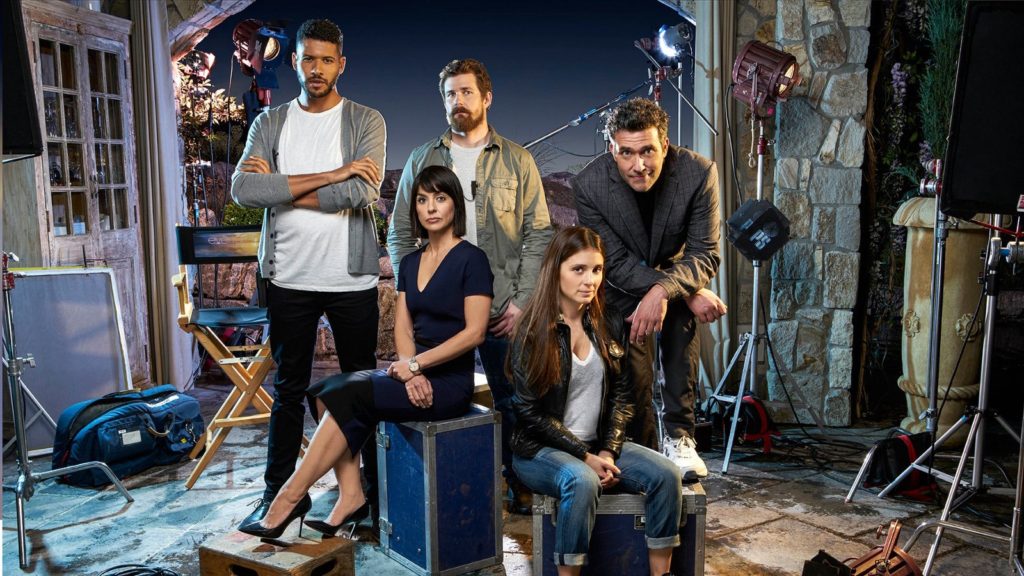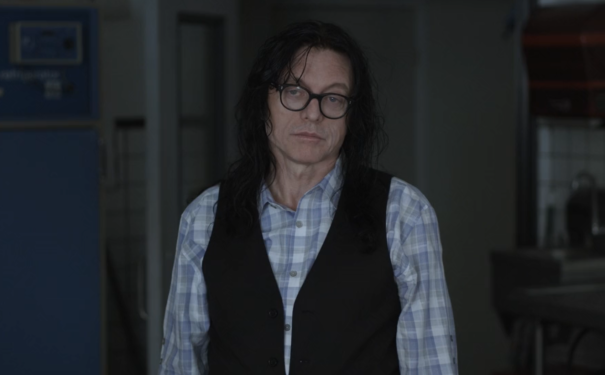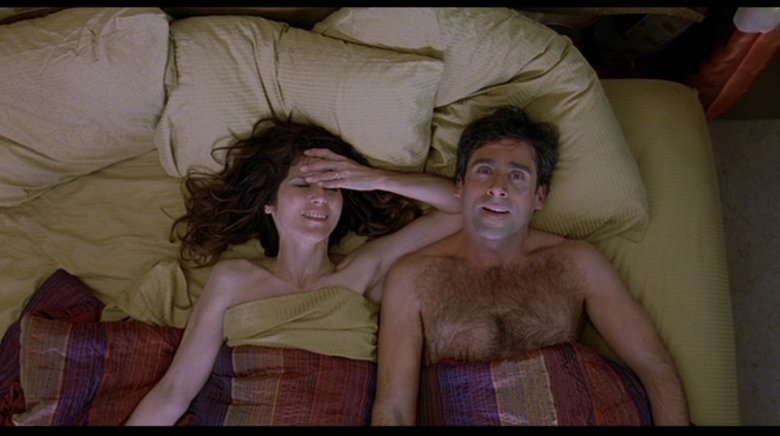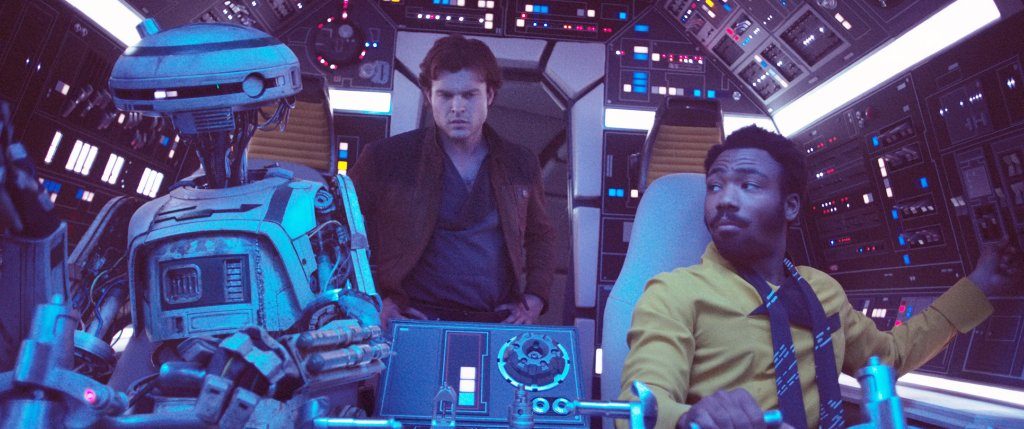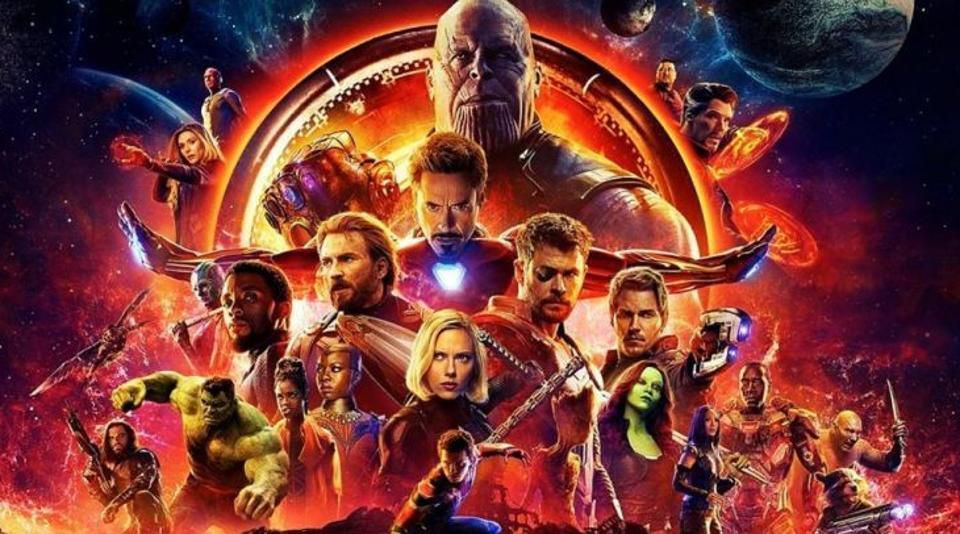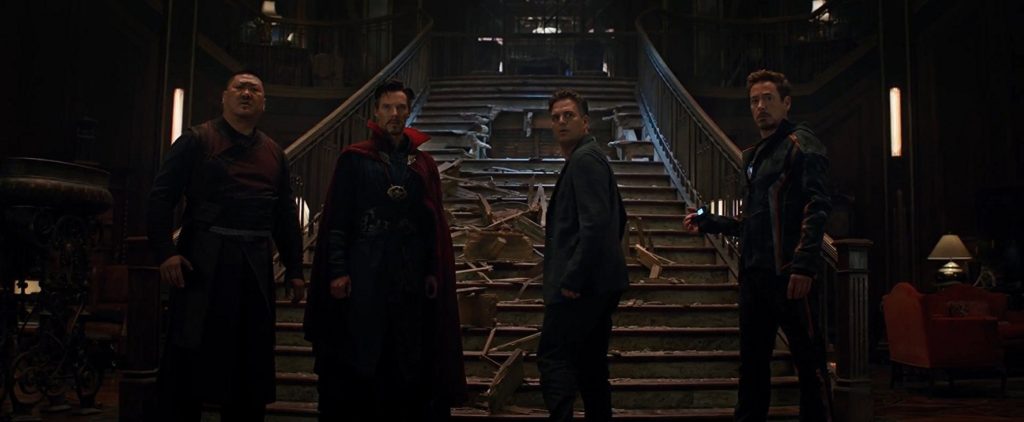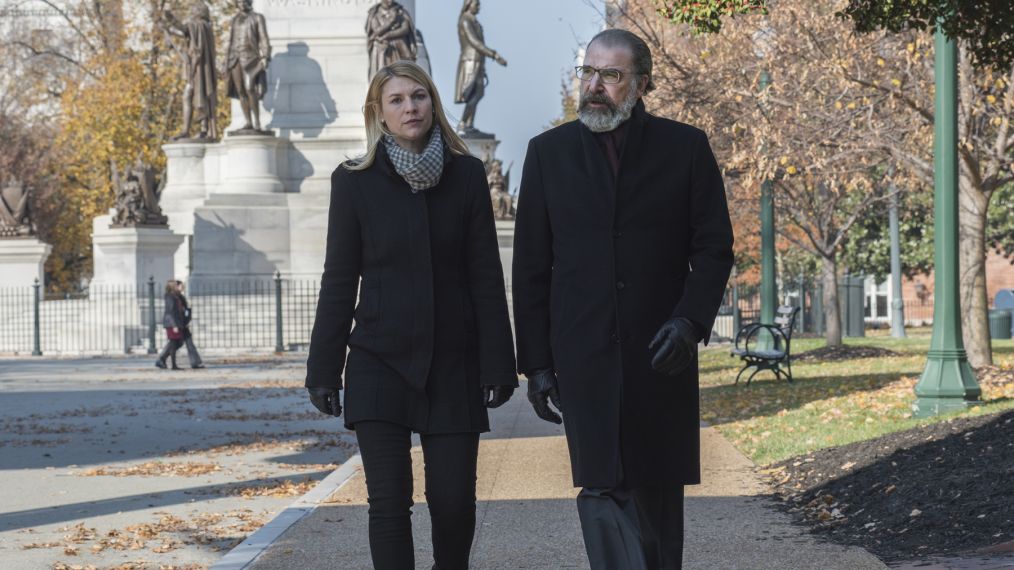Note: This article is riddled with spoilers. Do NOT read it if you haven’t seen the movie and care about that kind of stuff. I’ve written a spoiler-free review, which you can read here. Otherwise, you can read my books until the time comes when you should return to my website to read this article. It’s long and I worked hard on it.
There are a lot of things to love about Infinity War, but narrative resolution is definitely not one of them. The movie has less of an ending and more of a year-long intermission. Until then, the Marvel Cinematic Universe has two movies and a couple tv shows planned until Thanos returns.
A year is a long time to wait for that to happen, especially when some of the dust bunnies have their own solo movies in the not so distant future. This article addresses the issues that will linger during the gap between Avengers installments. Some could have long-term ramifications, others may end up not mattering at all. Let’s take a look at what will be affected by the uncertain fates of half the MCU.
The Shared Timeline Has a Dust Problem
There are two MCU movies set to premiere before Avengers 4. We know 2019’s Captain Marvel is set in the 1990s, but from what we know Ant-Man and the Wasp takes place between the events of Civil War and Infinity War. It’s hardly a bold prediction to suggest that at least some of the film, presumably toward the end, will deal with the fallout of the finger snap of dust and why Ant-Man (and maybe Hawkeye) wasn’t in Wakanda helping to save the world.
From the trailers and what we know of MCU solo movies, it seems fairly safe to assume that much of Ant-Man and the Wasp will have nothing to do with Infinity War. They’re going to do their own thing. The tone of the trailer is fairly light-hearted, completely disconnected from the doom and gloom that Thanos brought. That makes sense considering the nature of the character, as well as star Paul Rudd, but it’s puzzling considering what just happened to Earth.
The trailer also introduces the Quantum Realm, which could very well factor into Avengers 4’s resolution. There may be a very good reason for why this movie needs to be sandwiched in-between Avengers entries, especially given Ant-Man’s absence from Infinity War. That doesn’t really change the fact that the MCU sort of looks like it’s trying to have it both ways. By setting Ant-Man and the Wasp before Infinity War, the film gets to be a fun caper while ostensibly putting forth the in-universe reason for why its characters didn’t show up in a movie that was presumably being filmed at the same time.
MCU movies move the ball forward, not backwards. Ant-Man and the Wasp isn’t an origin story like Captain America: The First Avenger or Captain Marvel that has the luxury of being able to take a step back from the action to establish its hero. Imagine if Winter Soldier took place in-between the post-credit scene of First Avenger and the events of The Avengers. Inter-connectedness means that actions in one movie affect another. Getting around that by setting an installment in the very recent past feels like a bit of a cop-out.
Marvel’s TV shows might exist as part of the overall continuity, but this really isn’t something that matters at all. Agents of S.H.I.E.L.D. is really the only one out of the near dozen series that even tries to follow what the movies are doing. This is in spite of the fact that all five of the Netflix series take place in New York City, a location that features heavily into the films. The events of The Avengers are referenced several times, but the details of the attacks don’t ever factor into any of the series in any meaningful way.
I don’t mean to suggest this is a bad thing. Separation of Church and state is certainly warranted with the sheer amount of content. My only issue is that the events of Infinity War feel like the first really impossible thing to pretend doesn’t radically change everything. This isn’t a case of Spider-Man not showing up at a Daredevil fight that presumably takes place near his neighborhood, but one where the entire structure of the world is changed, at least temporarily.
Half the world is dust. How do Daredevil or Runaways not address this? I don’t think there’s an answer to that, but I also don’t think they actually will. What’s the point of a shared universe that doesn’t actually share the universe?
Hype for Future Movies
Marvel hasn’t said much about Phase Four. We know that there will be a Black Panther 2, a Spider-Man 2, and a Guardians of the Galaxy 3. It seems rather ridiculous to think that any of these movies will be made without their key players, including Gamora.
We also know that there will be an Avengers 4 next year, which will presumably alter the events of Infinity War’s ending. Fans will head into that movie with a fair degree of certainty of this fact, which is an unusual position for an MCU movie to be in, as Marvel doesn’t tend to give much away in terms of plot. Trouble is, that’s a year away.
The Phase 4 movies will start production before that. We will know if T’Challa, Peter Parker, or Groot reappear in these movies. Marvel is good at keeping plenty of secrets, but those are pretty big ones to keep under wraps.
Is that good for enthusiasm? It might be impossible to say, as I imagine all three of those films will make a boatload of money, but there’s this thing hanging up in the air. I’m not sure why.
We don’t know who will die in Avengers 4, or who will stay dead, but we do know that Marvel is not going to make piles on money into dust by taking several of its hottest stars off the map. The fates of Iron Man and Captain America are up in the air largely because of the expected departures of Robert Downey Jr. and Chris Evans. We don’t have that kind of uncertainty with Black Panther, Spider-Man, or Star-Lord, but for the next year we’re expected to pretend to. Hard to say that makes much sense.
Hype for Current Movies
What’s the difference between hype for current and future movies? Black Panther is still in theatres in many places. It hasn’t even been three months, but now it exists in a world where the fate of its star is currently in limbo. Peter Parker is in a similar position less than a year after the release of Spider-Man: Homecoming.
I don’t expect that we’ll live in a world where either of these characters stay dead forever, but we’re going to spend the next year with that question lingering in everyone’s head. That’s a pretty unusual position for two characters widely expected to be two of the main centerpieces for the MCU going forward. Considering Black Panther’s historic performance, I also don’t think it’s a particularly welcome distraction either.
While this a problem that seems likely to pertain solely to this year, it remains a deeply puzzling decision. Franchises are obviously affected by each entry, but fans typically don’t go from film to film with uncertainty surrounding the fate of the main character, especially in the superhero genre. The fact that it should barely even constitute uncertainty doesn’t change the fact that it’s still a weird feint.
T’Challa & Peter Parker have more wind at their sails than anyone in the MCU. This doesn’t help that at all. I’m not sure we’ve ever been in a position where a superhero died in a film while his previous movie was still airing in theatres. Future installments are always affected by their preceding entries. We’ve never seen this kind of thunder-stealing toward a movie that literally just came out.
Star-Lord Needs to Rehab His Image
This issue sort of falls into the same category of the first two, except in one key way. The uncertainty surrounding many of the MCU characters creates some marketing issues that the franchise will have to work around, but there will almost certainly be a point when these people do return to their franchises. There are millions and millions of fans out there who want them to.
Star-Lord is in a bit of a different position from the others in that he’s not only a pile of dust, but he’s also the reason we have piles of dust. The ending of Infinity War is entirely and solely his fault. Peter Quill’s temper tantrum may have destroyed the world.
As a result of that, any attempts to fix this mess that lead to subsequent casualties will also be his fault. That’ll matter more if any of the departing cast are permanently killed off in the effort to bring back the dust bunnies. Tony Stark may have his happy ending with Pepper denied because Quill needed to sock Thanos right before they defeated him anyway.
The Guardians of the Galaxy movies are pretty upbeat and fun, even when Rocket and Quill are mad at each other. These characters have great chemistry which endeared them to the audience. As of now, Rocket is the only one left.
I don’t think that’s going to last, as the Guardians’ cast dynamic is too perfect to continue without Gamora, Quill, Drax, and Groot. Their collective inability to follow basic plans was a major plot point of Infinity War, but Quill’s actions quite literally almost ruined everything. His image is going to be in need of some serious rehabilitation. The fate of his franchise pretty much depends on it.
A similar issue popped up in Age of Ultron, where Tony Stark’s actions almost got everyone killed. People did die, including a bunch of nameless Sokovians and the less interesting cinematic Quicksilver that isn’t played by Evan Peters, but Iron Man’s tinkering didn’t kill any beloved major characters. He also didn’t build Ultron as the other Avengers shouted at him that doing so would ruin the universe and get them all killed. Tony carried his guilt with him, which set the plot of Civil War in motion.
I don’t necessarily want a guilt-ridden Star-Lord, but that’s where we’re at. He did something very dumb. He needs to address that. Whatever gets them out of that mess shouldn’t let him off the hook.
Much has been made of Doctor Strange’s timeline and how there was only one out of millions of outcomes that had them beating Thanos. This should not excuse Quill’s actions. Free-will is still a thing that people care about. He needs to own up for his behavior. Anything else runs the risk of cheapening Guardians 3. Laughs without substance can’t carry a film, and heart that doesn’t feel remorse doesn’t make for a compelling protagonist. My big hope for Avengers 4 is that it thoroughly addresses this issue. I don’t want to hate Peter Quill, but that’s pretty much where we’re at.
Time Stone Ex Machina
There are deaths and then there are comic book deaths. Infinity War has deaths and then it has dust deaths. Some of those will be reversed. The Time Stone will almost certainly play a role in that.
That’s a dangerous can of worms to open. Other characters like Loki have returned, something that Infinity War mentioned a few times. Trouble is, when you stage one mass resurrection, you create the possibility that any resurrection can happen. Comic book readers are used to that, but these are still murky waters for the MCU to wade into.
Many speculative articles have emerged since Infinity War wondering which deaths will stick. The clear distinction between deaths and dust deaths present in the movie is complicated when you consider that the four “real” deaths (Loki, Heimdall, Vision, Gamora) could all conceivably return. One has already escaped death once before, one is Asgardian, one is an android, and the one is a main character in one of the MCU’s most valuable franchises moving forward.
These four are not necessarily in the same boat. Tom Hiddleston and Idris Elba have stated that they have other things they want to do, and given their characters’ early deaths it seems far more likely that their characters will remain dead, though the fact that a Thor 4 looks way more likely than another Iron Man or Captain America film complicates this idea. Infinity War spent a lot of time talking about how the Vision could survive without the Mind Stone, laying down the groundwork for his return. Fans have speculated that Gamora is “trapped” in the Soul Stone, potentially setting up her return in either the next film or Guardians 3 (setting up a potential Pirates of the Caribbean: Dead Man’s Chest dynamic if the latter film becomes a quest to get her back). None of these need to be permanent.
Trouble is, some of the cast will be leaving the franchise. It seems highly likely that Avengers 4 will see more deaths where the characters stay dead. The gravity of that runs the risk of being cheapened when there’s always the revival option lingering there. Even if the Stones are destroyed, the idea that something else could do the trick still remains. Comic books always find a way.
I don’t expect every departing character to die. The end of Tony Stark & Steve Rogers can be the end, for now. Leading a major franchise tends to eat up a lot of one’s time. I wouldn’t blame any of the original cast members for wanting time off, just as I suspect some of them will miss the limelight a few years down the road.
Marvel has been pretty good at protecting its solo films from the aura of “why doesn’t so and so show up to help?” that don’t necessarily have great narrative explanations. Infinity War has created some new issues for the MCU that its follow up will need to address. Fortunately, the company has a pretty flawless track record for pulling this stuff off. Big team-ups have big consequences, especially when there are so many valuable franchises to protect. It’s all fun and games until someone gets hurt, and then unhurt by the Time Stone.





